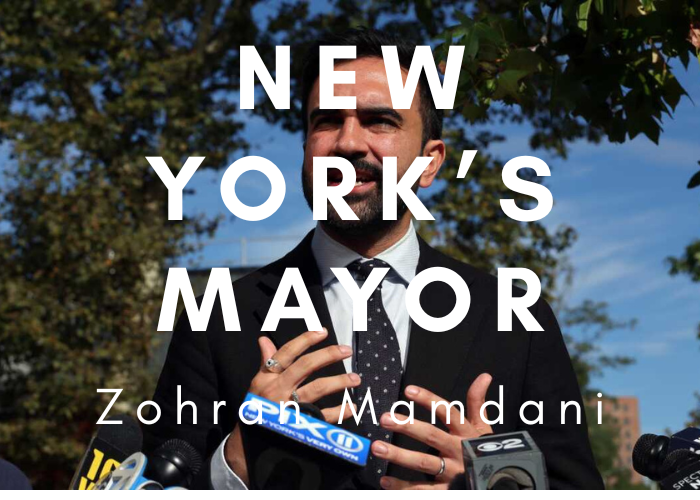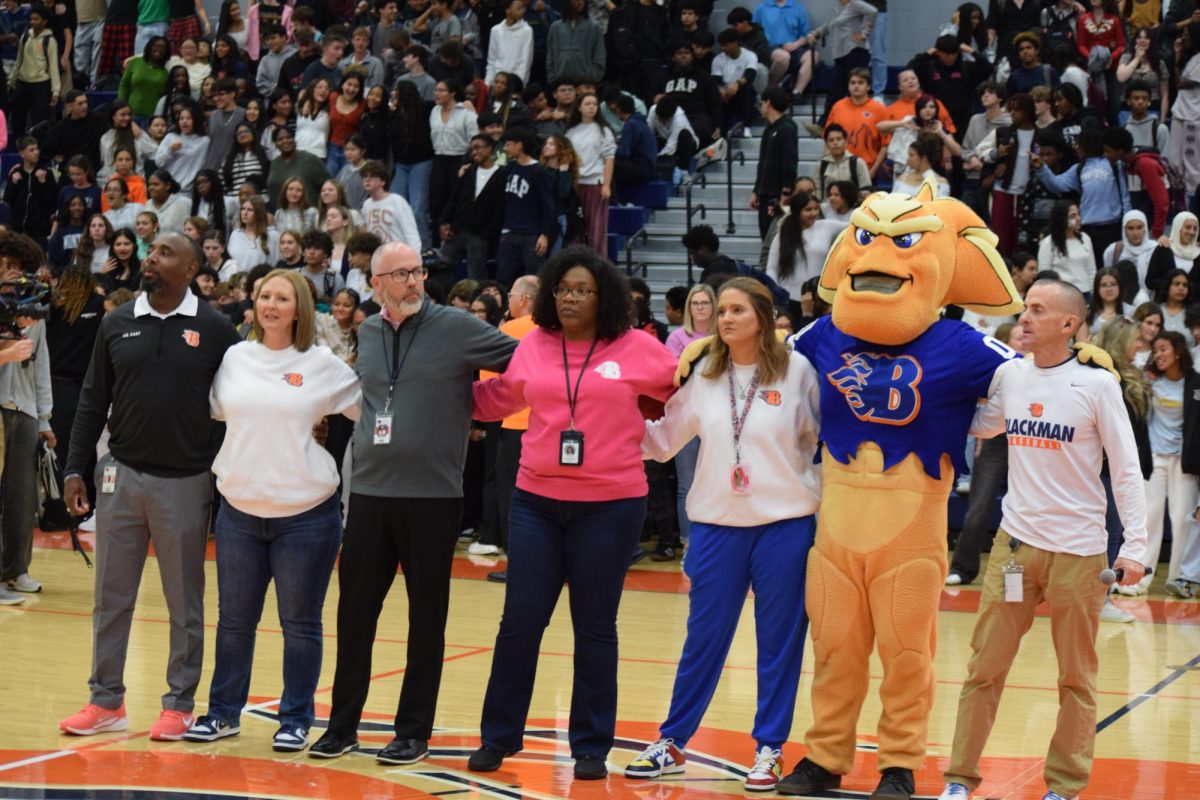On October 1, 2025, news spread about the death of one of the most influential scientists and environmental advocates of the 20th and 21st centuries, Jane Goodall. The well-rounded zoologist died peacefully of natural causes in Los Angeles while on a U.S. speaking tour.
Many people were saddened by the news of her death, even those who did not know her well. Junior Isabela Pessanh said, “I didn’t know her, but from what I have heard, her work with animals is inspiring in so many ways. It makes me want to work and help animals just like her. Such a great woman.”
Goodall accomplished many things in her lifetime, but what she was mainly known for was her groundbreaking work with chimpanzees.
Chloe Blakley, another junior, shared her thoughts on Goodall’s passing: “As a kid, I frequented the Cincinnati Zoo with my family. There were multiple times when I’d seen news articles or stuff online about what she’d done for that zoo. I loved that zoo as a kid, so her doing things to better my and other kids’ experiences makes me sad about her death. She did a lot for animals and zoos, and she will be missed.”
Goodall reshaped how society views animals and proved how smart they really are. She made sure the world knew that animals had emotions just as humans do.
“Farm animals feel pleasure and sadness, excitement and resentment, depression, fear, and pain. They are far more aware and intelligent than we ever imagined… they are individuals.” – Jane Goodall.
In a final interview, she stated that humans are the most intellectual species to walk the planet, but they are not the most intelligent.
Goodall always stressed the importance of compassion, understanding, and respect for all living beings. Goodall, as well as her work, will never be forgotten and will always be looked back on as the foundation for learning about animals not as research subjects, but as sentient beings with minds and emotions.






















